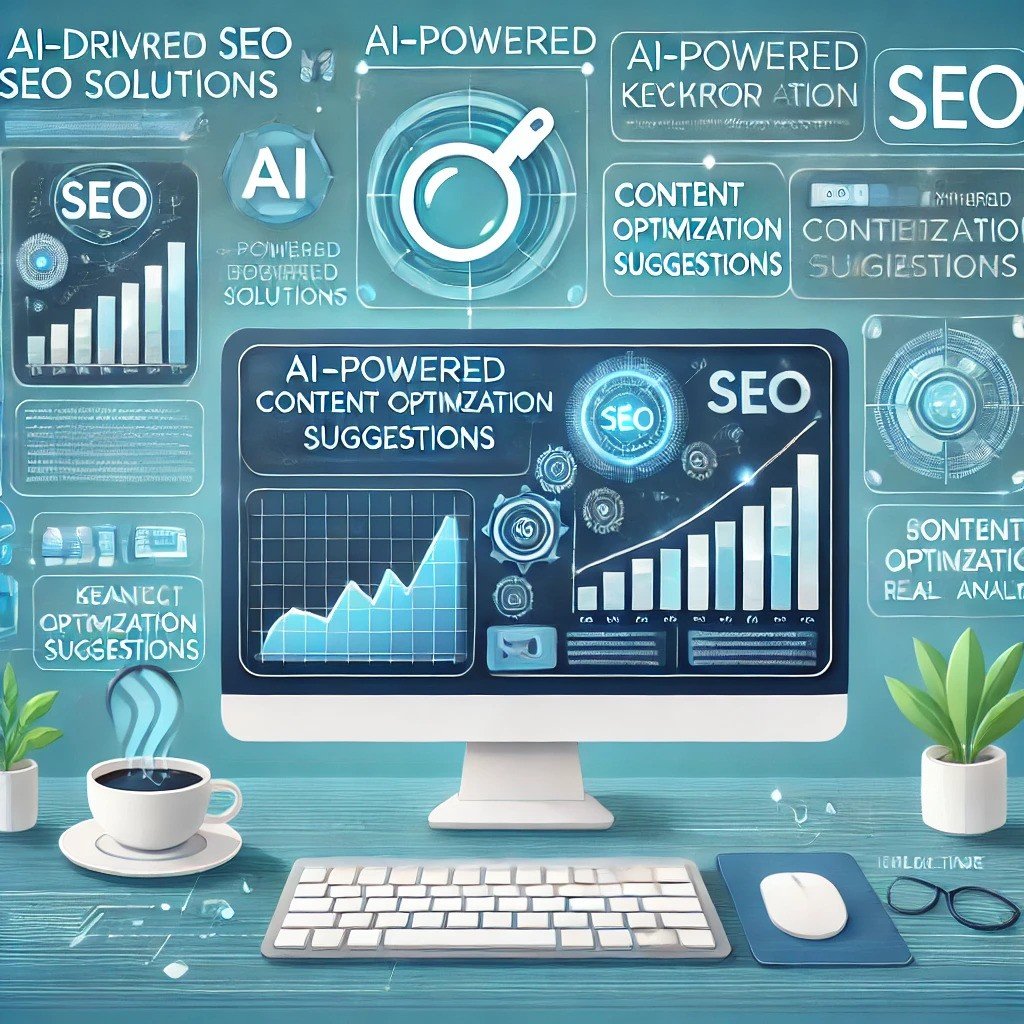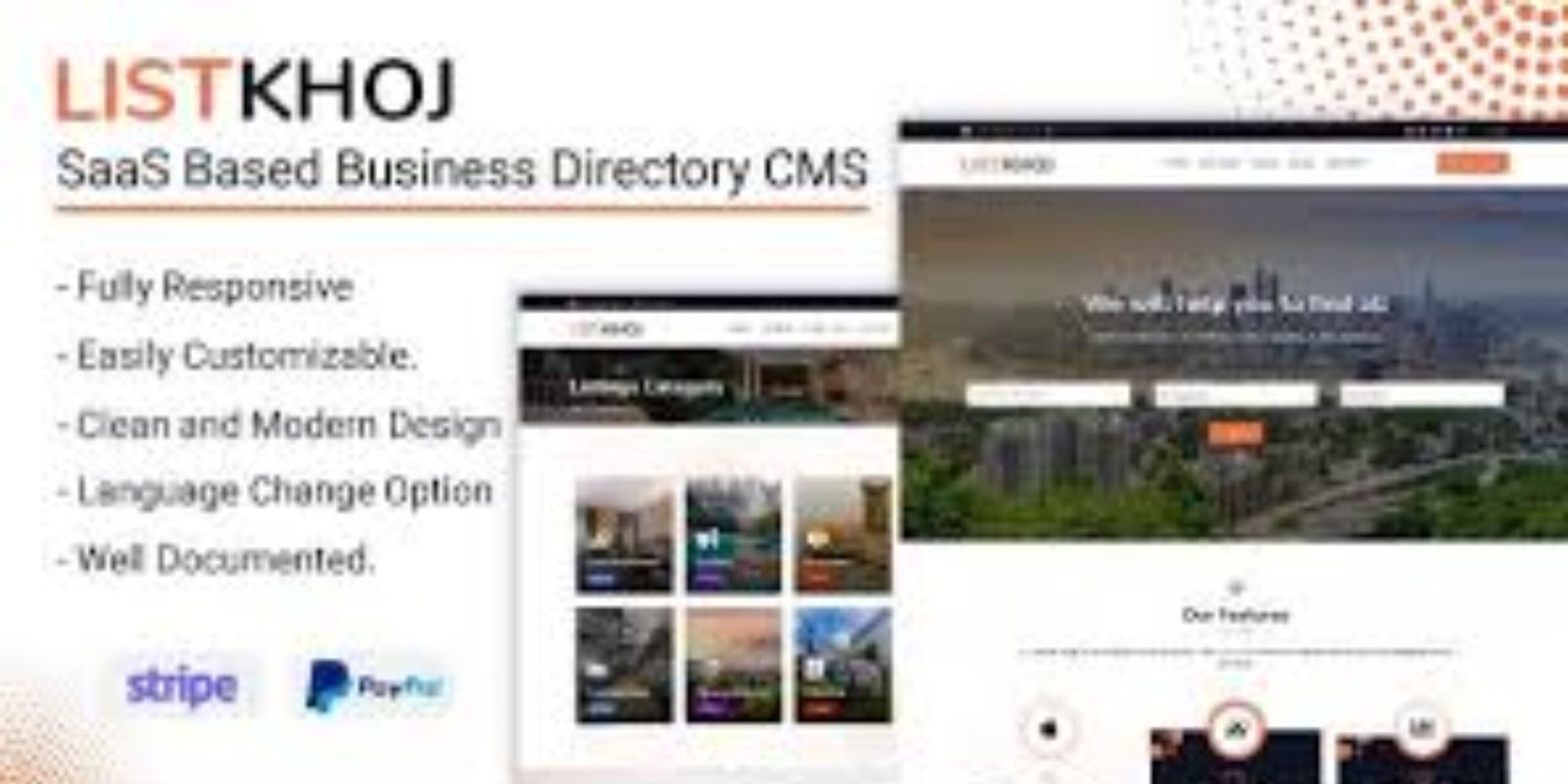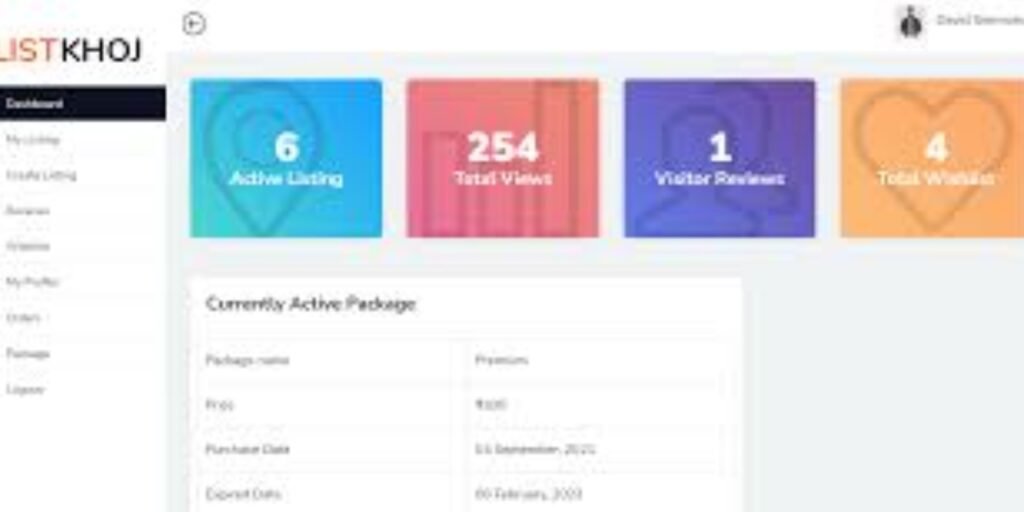Your cart is currently empty!
Tag: SaaS

How Many SaaS Companies Are There in the US? A Comprehensive Overview
The Software as a Service (SaaS) industry has seen explosive growth in the United States over the past decade. As businesses and individuals increasingly move toward cloud-based solutions, SaaS companies have become a cornerstone of the digital economy. From enterprise solutions to niche software offerings, SaaS companies now serve a wide range of sectors including finance, healthcare, marketing, and more. But how many SaaS companies are there in the US today, and what drives their success?
In this article, we will explore the current landscape of SaaS companies in the United States, examining key statistics, market trends, and the factors influencing the rise of SaaS businesses. Additionally, we’ll take a look at the broader SaaS ecosystem and discuss how these companies have transformed the way businesses operate.

Saas Understanding SaaS: A Brief Overview
Before delving into the statistics and numbers, it’s important to understand what SaaS is and why it has become such a dominant force in the business world.Software as a Service (SaaS) is a software delivery model in which applications are hosted by a service provider and made available to customers over the internet. Unlike traditional software that requires physical installation and maintenance, SaaS allows businesses and individuals to access software applications via a web browser, paying for the service on a subscription basis.
SaaS products range from tools for communication (like Slack) to accounting software (like QuickBooks), to customer relationship management (CRM) platforms (like Salesforce). The flexibility, scalability, and cost-efficiency of SaaS solutions have made them attractive to businesses of all sizes, fueling the growth of the industry.
The Growth of the SaaS Industry in the United States
The SaaS industry in the United States has witnessed remarkable growth in recent years. According to Gartner, the global SaaS market is expected to surpass $300 billion in revenue by the end of 2025, with the US contributing a significant portion of this figure.Several key factors have contributed to the rapid rise of SaaS companies:
Shift to Cloud Computing: Cloud computing has become the backbone of modern businesses, allowing for scalable and flexible IT infrastructures. SaaS leverages this infrastructure, providing businesses with software that doesn’t require them to manage physical hardware.
Cost-Effectiveness: SaaS eliminates the need for expensive on-premise installations and ongoing maintenance. Instead, businesses pay for what they use on a subscription basis, which allows them to scale up or down as needed.
Ease of Use and Accessibility: SaaS products are typically accessible through a web browser, which means users can access them from anywhere with an internet connection. This ease of access has made SaaS solutions ideal for remote work environments.
Integration and Customization: SaaS companies often offer integration with other software tools and allow customization to meet the unique needs of businesses, making them even more appealing.
Given these advantages, the number of SaaS companies in the United States has grown significantly. But how many are there exactly?

The Current Number of SaaS Companies in the US
As of 2025, estimates suggest that there are more than 15,000 SaaS companies operating in the United States. This number includes companies of all sizes, ranging from startups to established enterprises. The growth of SaaS companies has been driven by increasing demand from businesses across various industries, from small businesses seeking affordable tools to large enterprises implementing complex, cloud-based solutions.Several sources have attempted to track and categorize SaaS companies in the US, but the number can vary depending on the criteria used. For instance, Crunchbase lists over 13,000 SaaS companies, but that number includes businesses at various stages, from seed-funded startups to publicly traded giants.
While the total number of SaaS companies in the US is difficult to pinpoint with absolute certainty, the general consensus is that the industry is expanding rapidly, and there is no sign of slowing down.
SaaS Market Breakdown: Industry Segments
The SaaS industry is vast, encompassing a wide range of solutions that cater to different business needs. Here’s a breakdown of the major SaaS market segments in the United States:- Customer Relationship Management (CRM)
CRM software has long been one of the most popular SaaS categories. Companies use CRM solutions to manage interactions with customers, track sales pipelines, and analyze customer data. Major players in this segment include:
Salesforce: One of the largest and most widely used CRM platforms globally.
HubSpot: A popular CRM that also integrates with marketing automation features.- Enterprise Resource Planning (ERP)
ERP SaaS solutions help businesses manage core functions such as finance, human resources, supply chain, and procurement. ERP systems are crucial for large enterprises, and some of the top providers include:
Oracle NetSuite
Microsoft Dynamics 365- Marketing Automation
Marketing automation platforms have become increasingly popular as businesses look to streamline their marketing efforts. These platforms use data to automate tasks like email campaigns, social media management, and customer segmentation. Popular marketing automation platforms include:
Marketo
Mailchimp- Accounting and Finance
SaaS solutions for accounting and finance help businesses manage everything from payroll to tax compliance. Some of the leading companies in this segment are:
QuickBooks
Xero- Collaboration and Communication
With the rise of remote work, collaboration and communication platforms have experienced massive growth. SaaS tools like Zoom, Slack, and Microsoft Teams have become household names in the world of virtual meetings and team collaboration.
Key Statistics on SaaS Growth in the US
To provide a more concrete understanding of the size and scale of the SaaS industry in the United States, here are some key statistics:Revenue Growth: The US SaaS market is expected to grow at a compound annual growth rate (CAGR) of around 18% over the next several years, surpassing $200 billion in total revenue by 2025.
Number of Employees: According to recent data from Statista, the average SaaS company in the US employs around 100-150 people, with larger companies employing thousands. However, startups in the SaaS space tend to have small teams, often consisting of fewer than 50 employees in the early stages.
Startup Activity: There are thousands of SaaS startups in the US, particularly in cities like San Francisco, New York, and Austin. Many of these startups are backed by venture capital, fueling innovation and rapid growth in the sector.
SaaS Revenue Breakdown: According to Forrester Research, SaaS revenues in the US are increasingly dominated by large players, but the small and medium-sized SaaS businesses are still contributing a substantial portion of the market. The growth of niche SaaS solutions continues to be a trend as more businesses seek specialized tools.
Factors Driving SaaS Growth in the US
Several factors continue to drive the expansion of the SaaS industry in the United States. Here are some key trends and developments:- Digital Transformation of Businesses
Businesses across various sectors are undergoing digital transformations, looking for innovative ways to streamline their operations and stay competitive. SaaS solutions play a crucial role in this process by offering scalable tools that can be adapted to the needs of any business. - Rising Demand for Cloud-Based Solutions
The shift toward cloud computing has provided SaaS companies with a massive opportunity to deliver software solutions without the need for customers to maintain on-premise hardware. The cloud-based nature of SaaS platforms also makes them highly flexible, enabling businesses to scale as needed. - Increased Adoption of Remote Work
The COVID-19 pandemic accelerated the adoption of remote work, which, in turn, boosted demand for SaaS products designed for collaboration, communication, and project management. This trend is expected to continue, with many businesses maintaining hybrid or fully remote work environments. - Integration and Customization
SaaS companies are increasingly offering products that can be integrated with other software solutions, making it easier for businesses to customize their tech stack. This level of integration ensures that businesses can create tailored solutions without the need for custom development.

Future Outlook: The Evolving SaaS Landscape
Looking ahead, the future of SaaS in the US appears bright. Here are a few key trends expected to shape the industry:Artificial Intelligence Integration: AI will continue to play a critical role in SaaS development. Many SaaS providers are already integrating AI and machine learning into their platforms to enhance automation, improve decision-making, and personalize user experiences.
Industry-Specific SaaS Solutions: As the demand for more tailored solutions grows, we can expect to see more industry-specific SaaS offerings. These solutions will address the unique needs of specific sectors, such as healthcare, finance, and education.
Consolidation of the Market: As the SaaS industry matures, there may be more mergers and acquisitions as larger players consolidate their hold on the market. This could lead to fewer but more powerful SaaS companies.
Image 2: A graphical representation showing the growth of SaaS companies in the US and key statistics.
Conclusion
As of 2025, there are approximately 15,000 SaaS companies operating in the United States. The industry continues to grow rapidly, driven by the shift to cloud computing, the rise of remote work, and the increasing demand for specialized software solutions. The SaaS market’s future looks promising, with innovations in AI, industry-specific solutions, and cloud technologies continuing to propel the sector forward. Businesses of all sizes are embracing SaaS products to streamline operations, reduce costs, and scale efficiently, ensuring that SaaS will remain a vital part of the digital economy for years to come.Frequently Asked Questions (FAQ)
1. How many SaaS companies are there in the US?
As of 2025, there are approximately 15,000 SaaS companies operating in the United States. This number includes companies of all sizes, from startups to well-established industry leaders. The number continues to grow as the demand for cloud-based software solutions increases.
2. What is the biggest SaaS company in the US?
The largest SaaS company in the US by market capitalization and influence is Salesforce. With its comprehensive customer relationship management (CRM) platform, Salesforce has become a dominant player in the SaaS industry, serving businesses of all sizes across various sectors.
3. What are some of the fastest-growing SaaS companies in the US?
Some of the fastest-growing SaaS companies in the US include:
- HubSpot: A marketing automation platform with a rapidly expanding customer base.
- Zoom: A video conferencing tool that exploded in popularity during the COVID-19 pandemic and continues to grow.
- Snowflake: A data cloud company providing cloud-based data warehousing solutions.
These companies are seeing strong growth due to the increasing adoption of cloud-based solutions and remote work.
4. Why are SaaS companies so successful?
SaaS companies are successful for several reasons:
- Scalability: SaaS products are easily scalable, allowing businesses to expand their usage as needed.
- Cost-Effectiveness: They operate on a subscription model, which reduces upfront costs and allows businesses to pay for only what they need.
- Accessibility: SaaS products are accessible from anywhere with an internet connection, making them ideal for businesses with remote teams.
- Regular Updates and Maintenance: SaaS providers handle software maintenance and updates, ensuring that businesses are always using the most up-to-date version.
- Customer Relationship Management (CRM)

How AI SEO Tools Drive Scalable and Agile Solutions for Modern Marketing
As the digital landscape evolves, businesses are constantly seeking innovative methods to stay ahead of the competition. The role of Search Engine Optimization (SEO) in this endeavor cannot be overstated. It remains a cornerstone of online marketing strategies, driving traffic, enhancing visibility, and improving user engagement. However, traditional SEO approaches often struggle to keep pace with the rapidly shifting trends and algorithms that govern search engines. Enter AI SEO tools—a game-changing solution that enables businesses to scale their SEO efforts with agility and precision.
In this article, we explore how AI SEO tools are transforming the SEO landscape, offering businesses scalable, agile solutions that not only optimize their SEO performance but also improve overall marketing effectiveness. We will discuss the specific features and advantages of AI SEO tools, provide insights into their role in scalable SEO strategies, and highlight some of the best tools available in the market.
What Are AI SEO Tools?
AI SEO tools are advanced platforms powered by artificial intelligence, machine learning, and natural language processing (NLP) that assist marketers in optimizing various aspects of their SEO strategies. These tools leverage data-driven insights to improve keyword research, content optimization, site audit analysis, and backlink strategies. They automate time-consuming tasks, reduce human error, and deliver highly targeted recommendations to boost website rankings and organic search visibility.
In essence, AI SEO tools streamline the entire SEO process, making it more efficient, accurate, and scalable. Unlike traditional SEO methods, which rely on manual processes and intuition, AI-powered tools use data and predictive algorithms to drive SEO decisions, ensuring that businesses can respond more quickly to shifts in search trends.

The Importance of Scalability and Agility in SEO
In the world of digital marketing, scalability and agility are crucial. Businesses must be able to respond quickly to changes in search engine algorithms, user behavior, and market demands. At the same time, they need the ability to scale their efforts without compromising quality or consistency.
Scalable SEO refers to the ability to handle larger volumes of work—such as optimizing more pages, adding more keywords, or increasing content production—without sacrificing efficiency or effectiveness. Agility in SEO involves the ability to adapt quickly to changing conditions. Whether it’s responding to a new Google algorithm update or shifting trends in consumer search intent, agile SEO ensures businesses can pivot and adjust strategies swiftly.
AI SEO tools offer scalable and agile solutions by automating and optimizing various elements of SEO, allowing businesses to increase their online presence without expanding their resources. These tools also provide the flexibility to adjust strategies based on real-time data and insights, making them an essential asset for businesses aiming to stay competitive in a dynamic digital landscape.
Key Features of AI SEO Tools
AI SEO tools come equipped with a range of features designed to improve the effectiveness and efficiency of SEO campaigns. Here are some of the key features to look for in AI SEO platforms:
1. Automated Keyword Research and Optimization
One of the core functions of AI SEO tools is to perform automated keyword research. AI tools analyze millions of search queries, identify high-traffic keywords, and predict the likelihood of ranking for specific terms. These tools help marketers discover high-converting keywords and optimize their content for maximum impact.
AI-powered tools can also offer keyword suggestions, track keyword rankings, and provide detailed insights into keyword performance. This functionality is invaluable for businesses looking to target the most relevant keywords and improve their organic reach.
2. Content Creation and Optimization
Content is a critical element of SEO success. AI SEO tools assist in content creation and optimization by providing suggestions to improve keyword usage, readability, and content structure. Some tools can even generate content automatically based on trending topics and relevant keywords, helping businesses scale their content marketing efforts.
By analyzing top-ranking content for a given keyword, AI tools identify common patterns and offer recommendations on how to replicate that success. They also ensure that content adheres to SEO best practices, such as optimal keyword density, internal linking, and metadata optimization.
3. On-Page SEO Analysis
On-page SEO refers to the optimization of individual pages on a website to improve their search engine rankings. AI SEO tools automatically audit websites and analyze various on-page elements, including titles, headers, meta descriptions, image alt texts, and internal links. These tools provide real-time recommendations to improve these elements and align them with SEO best practices.
For instance, an AI tool might suggest adjustments to meta descriptions to improve click-through rates (CTR) or recommend restructuring headers to enhance readability and keyword relevance. On-page optimization ensures that a website is fully optimized for both search engines and users, improving user experience and search rankings.
4. Backlink Analysis and Strategy
Backlinks remain one of the most important ranking factors for search engines. AI SEO tools help businesses build an effective backlink strategy by identifying high-quality backlink opportunities, analyzing the quality of existing backlinks, and recommending strategies for acquiring new links.
AI tools can analyze competitors’ backlink profiles, uncover gaps in your own link-building strategy, and suggest ways to improve domain authority. This enables businesses to build a robust backlink profile that boosts their site’s credibility and search rankings.
5. Performance Tracking and Reporting
AI-powered SEO tools provide detailed, real-time insights into a website’s SEO performance. They track various metrics, including keyword rankings, organic traffic, backlinks, and user engagement. These tools offer easy-to-understand reports, helping marketers identify which strategies are working and which areas need improvement.
By continuously monitoring performance, AI tools enable businesses to make data-driven decisions and refine their SEO strategies over time. These tools also allow marketers to track ROI and optimize their efforts for better results.
How AI SEO Tools Scale Agile Solutions
AI SEO tools are particularly well-suited for scaling agile solutions in SEO campaigns. Here’s how they enable businesses to achieve scalability and agility:
1. Efficiency and Automation
Manual SEO tasks, such as keyword research, content optimization, and site audits, can be time-consuming and resource-intensive. AI tools automate these tasks, allowing businesses to complete them faster and more accurately. Automation eliminates the need for repetitive manual work, freeing up time for SEO teams to focus on strategy and creativity.
By automating routine tasks, AI tools enable businesses to scale their SEO efforts without the need for additional resources. This is especially beneficial for businesses looking to optimize multiple pages, expand their keyword targeting, or increase content production.
2. Real-Time Adaptation
In the world of SEO, change is constant. Search engine algorithms are updated frequently, and user search behavior is always evolving. AI SEO tools can adapt to these changes in real time, providing businesses with up-to-date data and insights that help them adjust their strategies quickly.
For instance, if a new Google algorithm update impacts search rankings, AI tools can analyze the change and provide immediate recommendations for adjusting SEO tactics. This agility ensures that businesses can stay competitive in an ever-changing digital environment.
3. Personalization at Scale
AI SEO tools enable businesses to create highly personalized SEO strategies at scale. By analyzing user behavior, AI tools can identify search intent and tailor content to meet the specific needs of target audiences. This personalization ensures that businesses can reach the right people with the right content, improving user engagement and conversion rates.
Moreover, AI tools help businesses create personalized SEO strategies for different customer segments, making it easier to scale marketing efforts across multiple channels and platforms.

Best AI SEO Tools for Scaling Agile SEO Strategies
There are many AI SEO tools available, each offering unique features and benefits. Here are some of the top tools to consider for scaling agile SEO solutions:
1. Surfer SEO
Surfer SEO is an AI-powered content optimization tool that helps businesses improve their website rankings by analyzing over 500 factors that affect SEO. It provides real-time recommendations for content, keyword usage, and on-page SEO elements. Surfer SEO’s “Audit” feature scans existing content and suggests improvements based on data-driven insights.
2. MarketMuse
MarketMuse uses AI to optimize content for SEO. It analyzes competitor content, identifies gaps, and helps businesses create more comprehensive, authoritative content. MarketMuse’s AI-driven content research and optimization platform is particularly useful for content-heavy websites that need to scale their SEO efforts.
3. Frase.io
Frase.io combines AI and NLP to create SEO-optimized content. The platform generates content briefs, helps businesses optimize their content for keywords, and provides performance data to track SEO results. Frase’s AI-driven content creation capabilities are perfect for scaling content marketing efforts quickly and effectively.
4. Clearscope
Clearscope is an AI-powered content optimization tool that focuses on keyword analysis and readability. It helps businesses create high-ranking content by providing keyword suggestions and improving content structure. Clearscope is ideal for businesses looking to scale content creation while ensuring that each piece is optimized for SEO.
5. BrightEdge
BrightEdge is an enterprise-level SEO platform that uses AI to provide real-time insights into SEO performance. The platform tracks keyword rankings, analyzes competitors, and offers recommendations to improve visibility and traffic. BrightEdge is designed for businesses with complex SEO needs, making it an excellent choice for enterprises looking to scale their SEO strategies.
Conclusion
AI SEO tools are revolutionizing the way businesses approach SEO, providing scalable and agile solutions that enable companies to optimize their online presence efficiently and effectively. By automating repetitive tasks, providing real-time insights, and personalizing SEO strategies, AI tools empower businesses to stay competitive in a rapidly evolving digital landscape. As SEO continues to grow in importance, businesses that leverage AI SEO tools will be well-positioned to achieve long-term success and sustained growth.
Investing in AI SEO tools not only streamlines SEO efforts but also provides the agility needed to adapt to changes in search engine algorithms, user behavior, and market trends. With the right AI-powered tools, businesses can scale their SEO strategies, improve user engagement, and drive more traffic to their websites—all while maintaining high standards of quality and performance.

